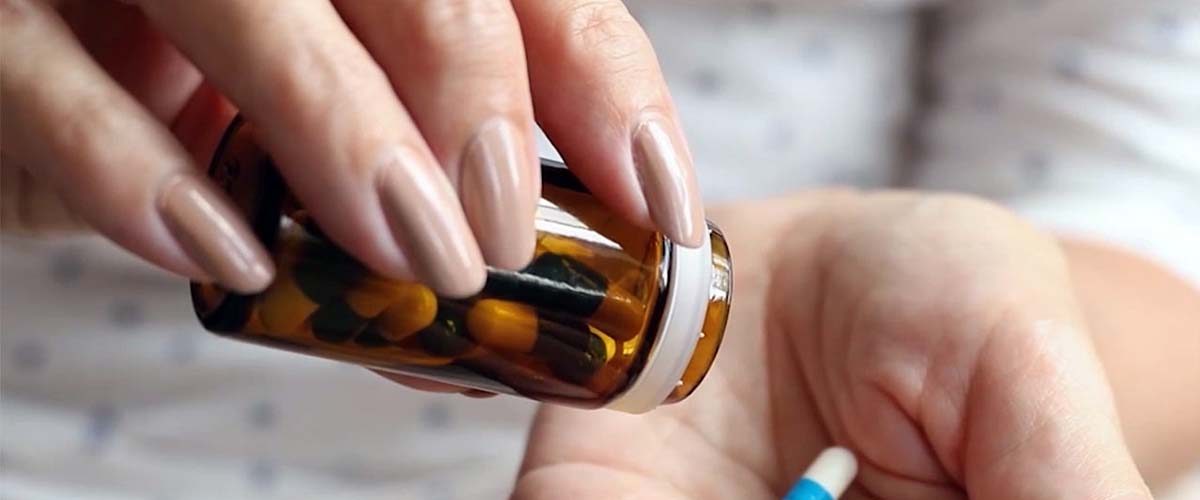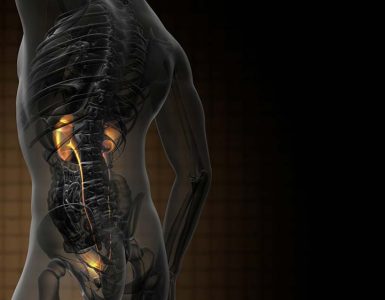The oral route is an important portal for the entry of the COVID-19 virus, but the body’s immune response is predominantly by lymphocytes, which are triggered by other parts of the body. In Erlangen hospital in Germany, Dr. Sebastian Zundler was eager to understand the role of the gut in providing systemic immunity against the virus, thus his team found that there is a decline in adaptive immune cells in the circulatory system expressing the gut homing in tegrin α4β7 reduction associated with COVID-19, suggesting that gut may not provide long-standing immunity post-COVID-19. The blood samples of SARS-CoV-2 infected patients were examined, results showed that circulating memory T and B lymphocytes (formed by gut’s immune response towards infection) were comparatively low in number and frequency than the immune cells triggered from the rest of the body parts/organs. This study can have repercussions for the oral coronavirus vaccine.
The predominant route of transmission for COVID-19 are respiratory (lung) and the gut, therefore, hand hygiene (by regular handwashing) and social distancing is advised. Major work of Dr. Zundler had been on inflammatory bowel disease, which is an immune-mediated disorder, therefore he used that knowledge to understand SARS-CoV-2, which can occur via the intestine, for which they use flow cytometry.
According to Dr. Tanja Müller, a primary author of the research explained that gut’s lymphoid tissues provoke the production of a marker known as “α4β7 integrin”, which further stimulates the movement of T cells towards the gut to fight off the virus. Thus, the identification of marker can help to infer the cause of the trigger of immunity. They found fewer immune cells with the markers, which could be due to the dilution of cells (by immune cells production from other sites) or due to the ability of the gut to attract selective immune.
The above finding will have great repercussions for under-process oral COVID-19 vaccines. Dr. Tanja Müller suggested that “ if there are relatively few gut-imprinted immune cells, exposing the intestinal immune system with a SARS-CoV-2 vaccine might not result in substantial circulating immunity”. In the future work should be done to understand further implications of this study and its consequence on the cross-protection of other organs of the body against the virus, also further studies should be carried out to assess SARS-CoV-2-specific T cells.
This study is an important benchmark for appreciating how human’s immune response work against SARS-CoV-2, which can hint at the potential central role of immune cells in pathogenesis, that explains clinical symptoms and lab findings, but still, the role and outcomes of gut imprinted immunity is to be fully understood.
Keywords:
Gut immune response, SARS-CoV-2, COVID-19, α4β7 integrin, oral COVID-19 vaccine, T lymphocytes.
















Add comment